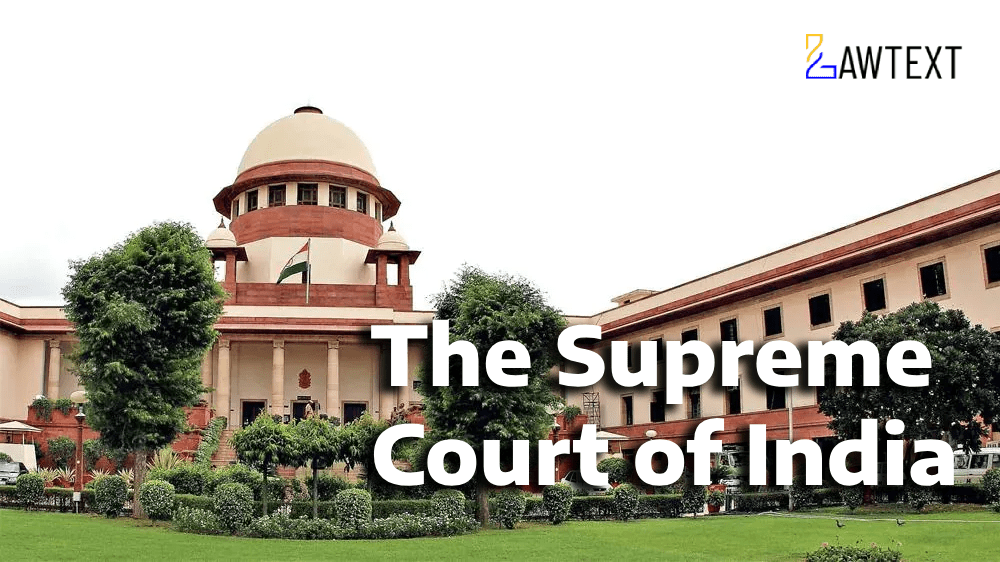Case Note & Summary
Compiles excerpts from various legal sources and cases concerning sentencing guidelines and procedures in the Indian criminal justice system. It discusses the need for clear sentencing policies, the importance of fairness and consistency in sentencing decisions, and the role of judicial discretion. Additionally, it highlights recommendations for reforms and insights from international models to improve the sentencing process in India.
Committee on Draft National Policy on Criminal Justice (2007):
Emphasizes the need for reforming punishments and sentencing practices. Highlights deficiencies in existing sentencing approaches and calls for the development of sentencing guidelines.Legal Precedents:
Dhananjoy Chatterjee v. State of W.B. (1994): Addresses disparities in criminal sentencing. Swamy Shraddananda (2) v. State of Karnataka (2008): Notes inconsistencies in sentencing and advocates for uniformity. Soman v. State of Kerala (2013): Discusses the absence of sentencing guidelines and the necessity of their introduction.Discussion on a Specific Case:
Details a case involving procedural violations during trial and sentencing. Criticizes the trial court's hasty conduct and lack of adherence to legal procedures. Presents subsequent appeals filed and court observations on procedural flaws.Court Directions and Recommendations:
Directs the trial court to follow mandates of the POCSO Act and conduct trials expeditiously. Calls for the Government to explore introducing a comprehensive sentencing policy. Orders forwarding of the judgment to the Department of Justice for consideration.
Issue of Consideration: SUNITA DEVI VERSUS THE STATE OF BIHAR & ANR.
Premium Content
The Issue of Consideration is only available to subscribed members.
Subscribe Now to access critical case issues






